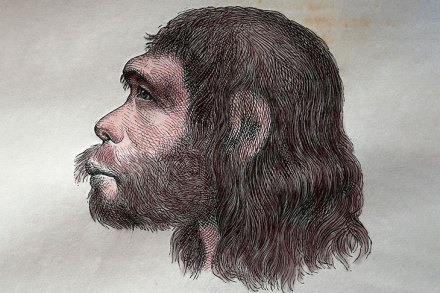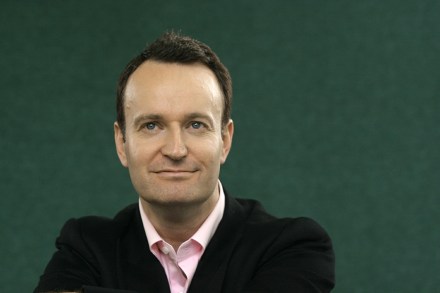Is it possible that Neanderthals had a spiritual life?
When I studied anthropology back in the early 1980s, Neanderthals were still largely the bulk-browed brutes of yore, grunting in smoky caves and loping across the tundra. Their vanishing from the fossil record some 40,000 years ago was a result of competition, along with a little interbreeding, with our own forebears. The story, as I received it then, retained something of the racially hierarchical views at large when the first fossilised bones were recovered in Germany, from near the Neander river, in 1856. Neanderthals were made extinct by an altogether smarter creature. It was inevitable — the clue was in the name: Homo sapiens. Neanderthals have come a long way





















